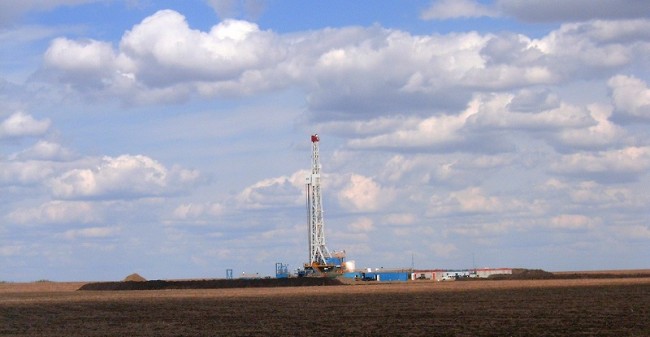 CALGARY, ALBERTA–(Marketwired – Jan. 14, 2016) – Lagging investor confidence in Alberta’s oil and gas sector has more to do with policy uncertainty than a lack of pipelines to get oil to market, concludes a new research bulletin released today by the Fraser Institute, an independent, non-partisan, Canadian public policy think-tank.
CALGARY, ALBERTA–(Marketwired – Jan. 14, 2016) – Lagging investor confidence in Alberta’s oil and gas sector has more to do with policy uncertainty than a lack of pipelines to get oil to market, concludes a new research bulletin released today by the Fraser Institute, an independent, non-partisan, Canadian public policy think-tank.
Pipelines or Policies: What’s Behind the Fall in Investor Confidence in Alberta? examines whether investor perceptions of Alberta’s energy industry are driven more by negative events related to pipeline development or government policies.
To measure the effect of negative events, the study considers the U.S. decision to delay the Keystone XL pipeline; the announcement of twinning the Trans Mountain Pipeline and the BC NDP decision to oppose it; the 2013 BC election outcome; the announcement of the Energy East Pipeline; and the federal approval of Northern Gateway pipeline and examines whether these events caused a rise or fall in the share price of Canada’s top 20 energy firms.
It found that while each announcement was unanticipated, there was no evidence that any of these events resulted in a significant change in the market evaluation of any of the companies.
“It appears the market has priced pipeline uncertainty into the firms’ evaluations so none of the announcements we examined changed perceptions about how Alberta’s oil will get to market,” said Ross McKitrick economics professor at the University of Guelph and co-author of the bulletin.
“Investors are prepared to play the long game when it comes to options for moving Alberta oil to market.”
If that’s the case, what explains the decline of the perception of Alberta as a good place to invest as detailed in the 2015 Global Petroleum Survey, released by the Fraser Institute in December 2015?
In this case, the shift to a negative view on Alberta was driven by changed perceptions on political stability, fiscal terms, protected areas, and taxation.
“In short, what happened was policies introduced by the Alberta government were perceived as being detrimental to investment,” said Kenneth P. Green, Fraser Institute senior director of natural resources and co-author of the bulletin.
“In particular, Alberta’s royalty review was raised by numerous survey respondents as a prime area of concern. Introducing this at a time of plummeting oil prices was seen by many in the industry as unnecessarily punitive.”
In fact, this scenario has played out before in 2007 when then-Alberta Premier Ed Stelmach increased royalty rates. In subsequent years, Alberta’s ranking in the Global Petroleum Survey fell to the point where survey respondents in 2009 viewed it as the least attractive province in Canada for oil and gas investment.
“These were not simply changes in perception. They were accompanied by real reductions in exploration activity as spending on exploration and development fell 21 per cent while it increased in neighbouring Saskatchewan and BC,” Green said.
“That experience should pose a stark lesson for the Alberta government. In a competitive world, advantages can be squandered if they are not properly managed.”